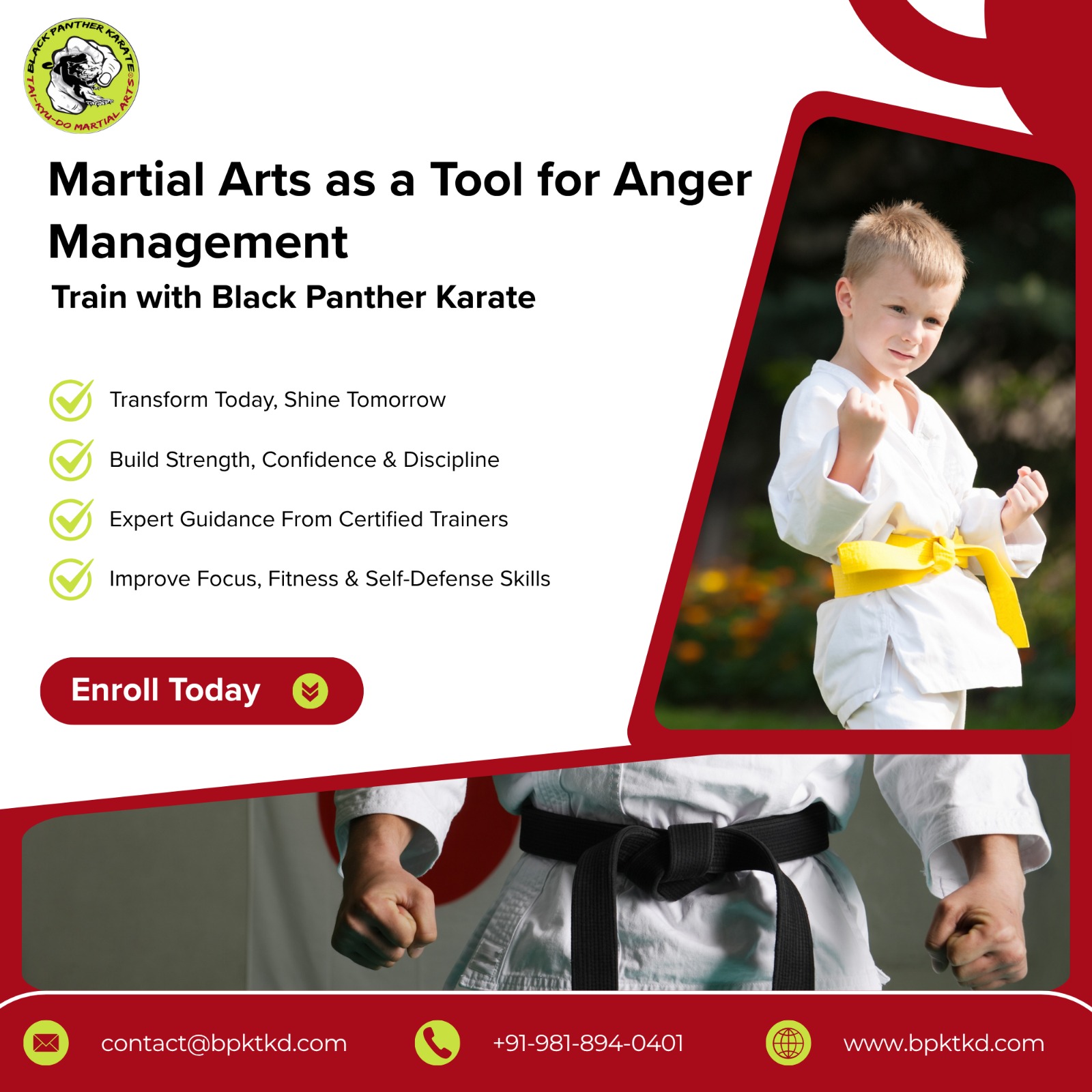
Anger is a natural human emotion. Everyone feels it, but when it becomes uncontrollable, it can damage relationships, harm mental health, and even affect physical well-being. Many people search for ways to control their anger, and one surprisingly effective solution is martial arts training. Far from being just about self-defense, martial arts teaches discipline, self-awareness, and emotional control. It provides a safe and structured way to release built-up energy and helps individuals channel their emotions positively.
Understanding Anger and the Need for Control
Uncontrolled anger can lead to stress, anxiety, and poor decision-making. When emotions take over, people often react in ways they regret later. This is why learning to manage anger is so important. Martial arts provides not just physical training but also mental and emotional development. The practice emphasizes respect, patience, and mindfulness—qualities that naturally reduce aggressive impulses.
Martial Arts as a Mind-Body Practice
Unlike regular exercise, martial arts combines physical movements with mental focus. The training sessions require concentration, breathing techniques, and mindfulness of one’s actions. These practices make individuals more aware of their emotions, allowing them to pause before reacting. Over time, this awareness helps people deal with stress and anger more effectively.
For example, controlled breathing taught in karate or taekwondo reduces tension in the body, calming the mind. The repetitive practice of forms, kicks, and punches gives a sense of release without harming others. This balance between physical activity and mental focus turns martial arts into a therapeutic tool for anger management.
Discipline and Self-Control Through Training
One of the strongest benefits of martial arts is discipline. Every class teaches students to respect the instructor, fellow students, and themselves. Rules and structured routines help build self-control, which can be applied outside the dojo as well. Someone who trains regularly learns to think before acting, a skill that directly translates into managing anger.
In fact, martial arts encourages turning aggression into motivation. Instead of acting out in anger, practitioners channel that energy into improving their techniques, sparring with control, or mastering new forms. The sense of achievement from progress boosts self-confidence, reducing frustration and emotional outbursts.
Stress Relief and Emotional Balance
Physical activity is known to release endorphins, the body’s natural stress relievers. Martial arts is no different, but it goes a step further by offering a structured way to vent emotions. Hitting a punching bag, practicing kicks, or sparring under guidance allows individuals to release built-up anger safely.
Moreover, the calm environment of a martial arts class, combined with meditation or breathing exercises, helps create balance. Students often leave class feeling lighter, calmer, and more in control of their emotions. This regular practice builds resilience against daily frustrations and stress.
Building Confidence and Positive Relationships
Often, anger comes from insecurity, fear, or lack of confidence. Martial arts addresses this by building physical strength, improving self-defense skills, and enhancing self-esteem. When individuals feel capable and confident, they are less likely to react aggressively.
Additionally, training with peers fosters respect and teamwork. Learning to spar without hostility, supporting others during practice, and receiving guidance from instructors teaches humility and patience. These experiences improve communication and reduce conflicts in everyday life.
Conclusion
Martial arts is more than a system of fighting—it is a way of life that nurtures self-discipline, emotional balance, and inner peace. For those struggling with anger issues, it provides a healthy outlet for frustration while teaching the values of respect and self-control. By combining physical activity with mental awareness, martial arts becomes a powerful tool for anger management. Anyone who steps into the dojo with an open mind can walk out calmer, stronger, and more in control of their emotions.
